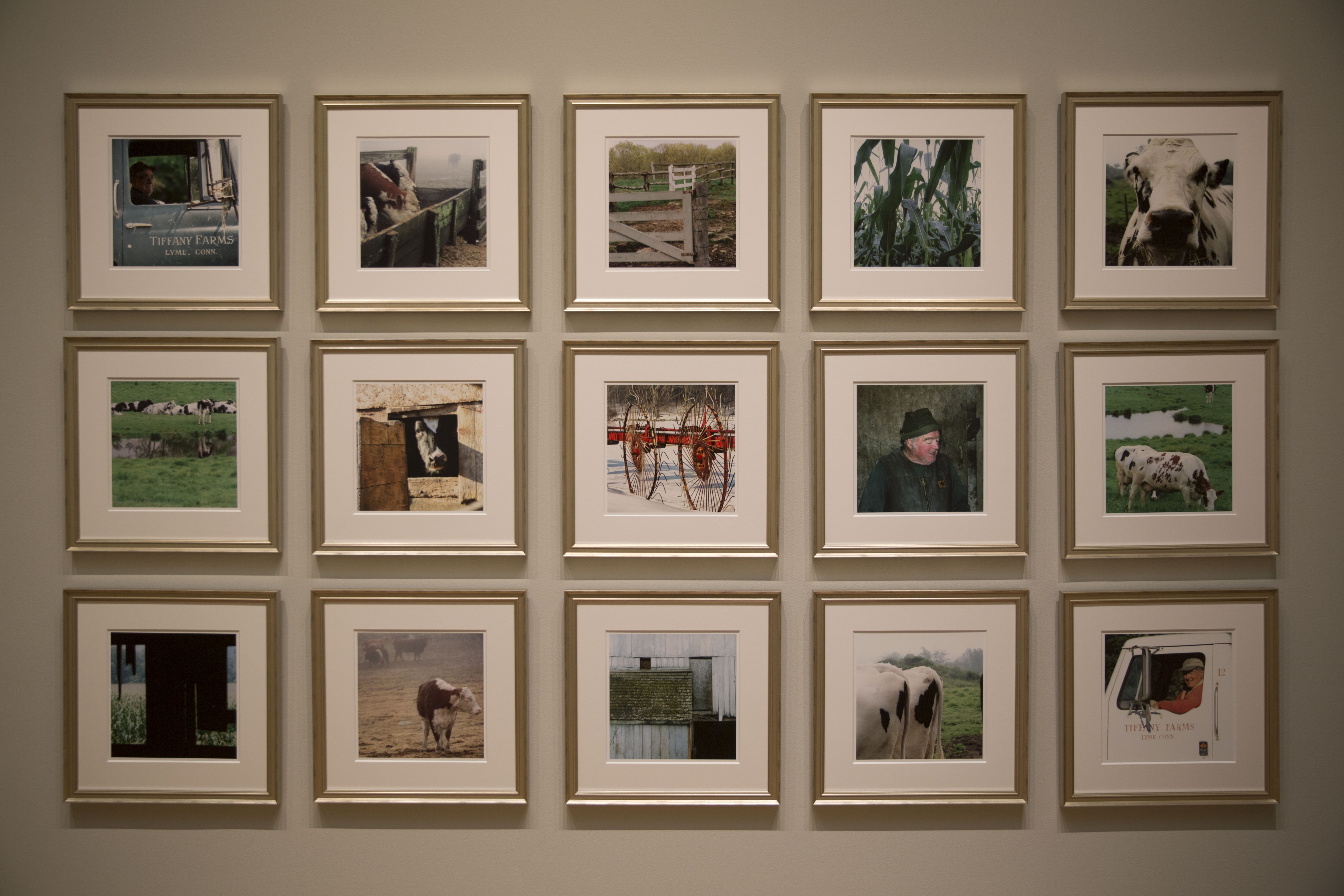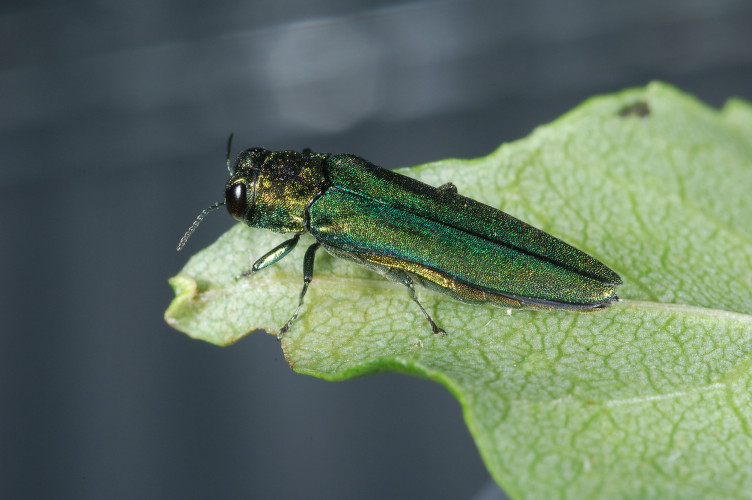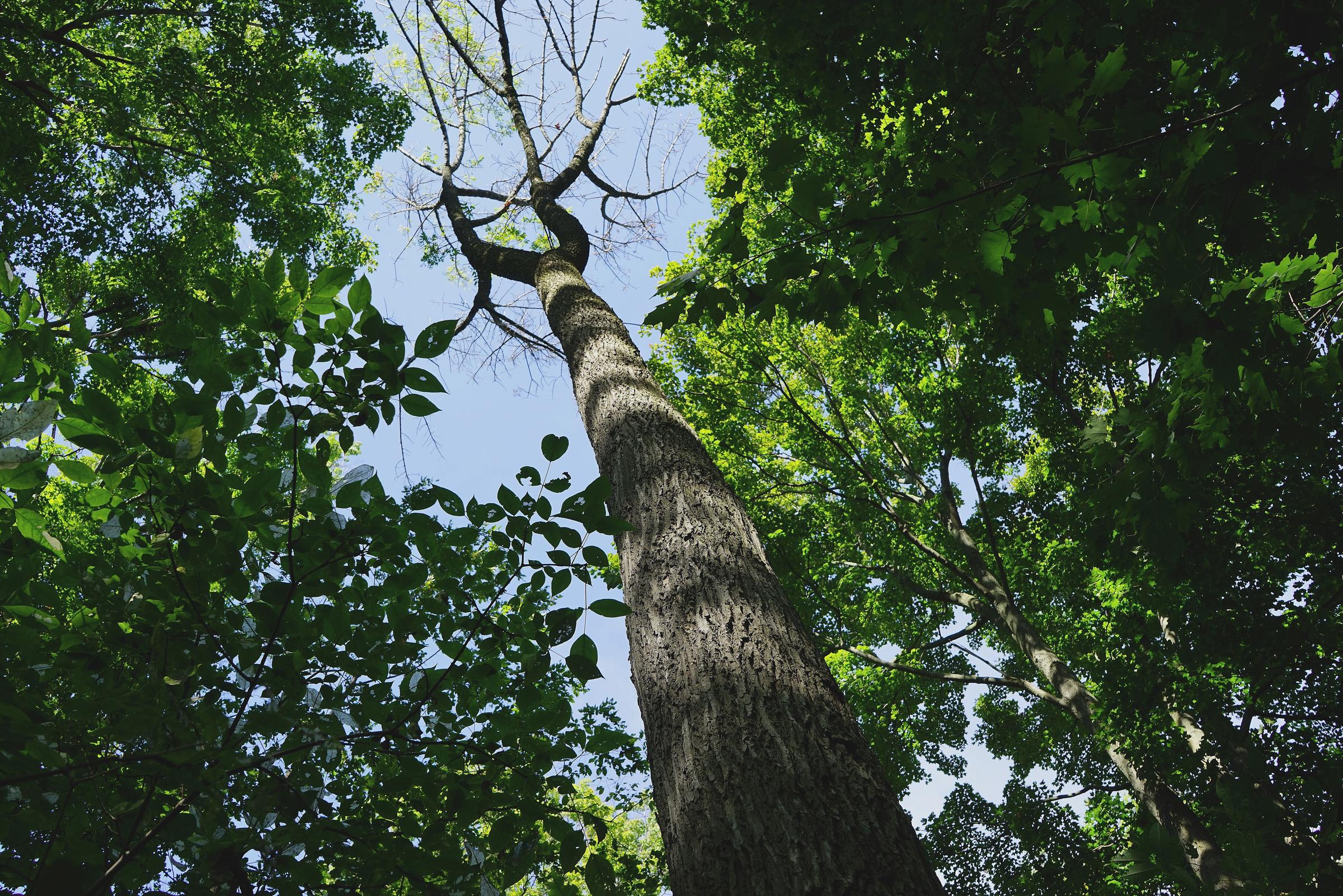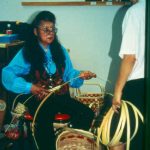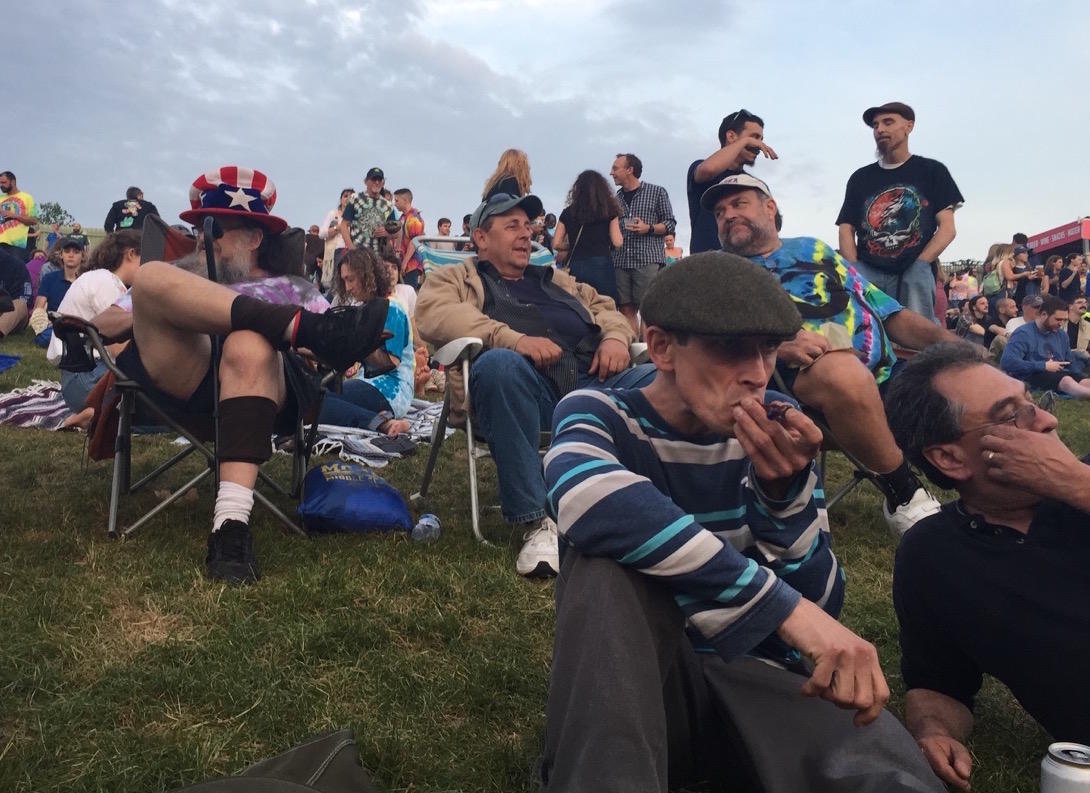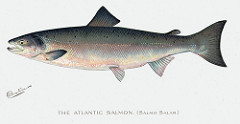Episode 101

This week on NEXT: The invasive Emerald Ash Borer has made its way around the region, threatening millions of ash trees and the culture of the Penobscot Nation in Maine. And, as recreational marijuana becomes legal in Massachusetts, we hear from new populations who are considering partaking. Plus, we visit a Baseball Museum in an old mall in the Berkshires, and we speak with one of the best Atlantic salmon fishers alive, who reflects on the “Presidential” history of the fish. Finally, we take you to an exhibit in Lyme, Connecticut that explores the unique nature and history of the New England farm. It’s NEXT.
Emerald Ash Borer Makes Its Way Around New England
At the end of May 2018, an invasive species was discovered for the first time in Maine: the Emerald Ash Borer. We speak with Claire Rutledge, who is an Associate Agricultural Scientist for the Department of Entomology at the Connecticut Agricultural Experiment Station. She tells us more about this invasive species and the plans to limit its growth throughout New England.
For more information about the Emerald Ash Borer, listen to Connecticut Public Radio’s “Where We Live,” and read this feature from Maine Public.
Ash Trees And The Culture Of The Penobscot Nation
For the Penobscot Nation in Maine, the arrival of the Emerald Ash Borer is especially threatening. The Nation, which has historical and cultural roots to the ash tree, is facing a future without it.
We speak with John Banks, the Director of the Department of Natural Resources for the Penobscot Nation, and John Bear Mitchell, a citizen of the Penobscot Nation, a lecturer of Wabanaki Studies and Multicultural Studies at the University of Maine in Orono, and the University of Maine Native American Waiver and Educational Program Coordinator.
GenXers Reconsider Pot
This month, Massachusetts and Vermont will start licensing retailers for recreational marijuana. And while it will take time for recreational shops to open, and for all of the issues related to legalization to work out, residents of the two states will soon have access to the drug like never before. But people already had access. And just because it’s legal doesn’t mean everyone else will start lighting up. NEPR’s Karen Brown reports on how GenXers are re-considering pot as it becomes legal.
For more information about marijuana legalization in Massachusetts and Vermont, visit “Vermont Edition,” and WBUR News.
“Baseball In The Berkshires” Museum Showcases An Unlikely History

Entrance to the Baseball in the Berkshires Museum. Photo courtesy of the Baseball in the Berkshires Museum
As more towns try to draw business back to their main streets, many shopping malls across the region have become nearly abandoned. With more empty storefronts than full ones, the 30-year-old Berkshire Mall in Lanesborough, Massachusetts, is one of them. But near Spencer Gifts and a now-shuttered Hollister, something rather unexpected is alive and well: baseball. Rebecca Sheir takes us on a tour of the Baseball in the Berkshires Museum.
Collection Explores “Presidential” History of Atlantic Salmon
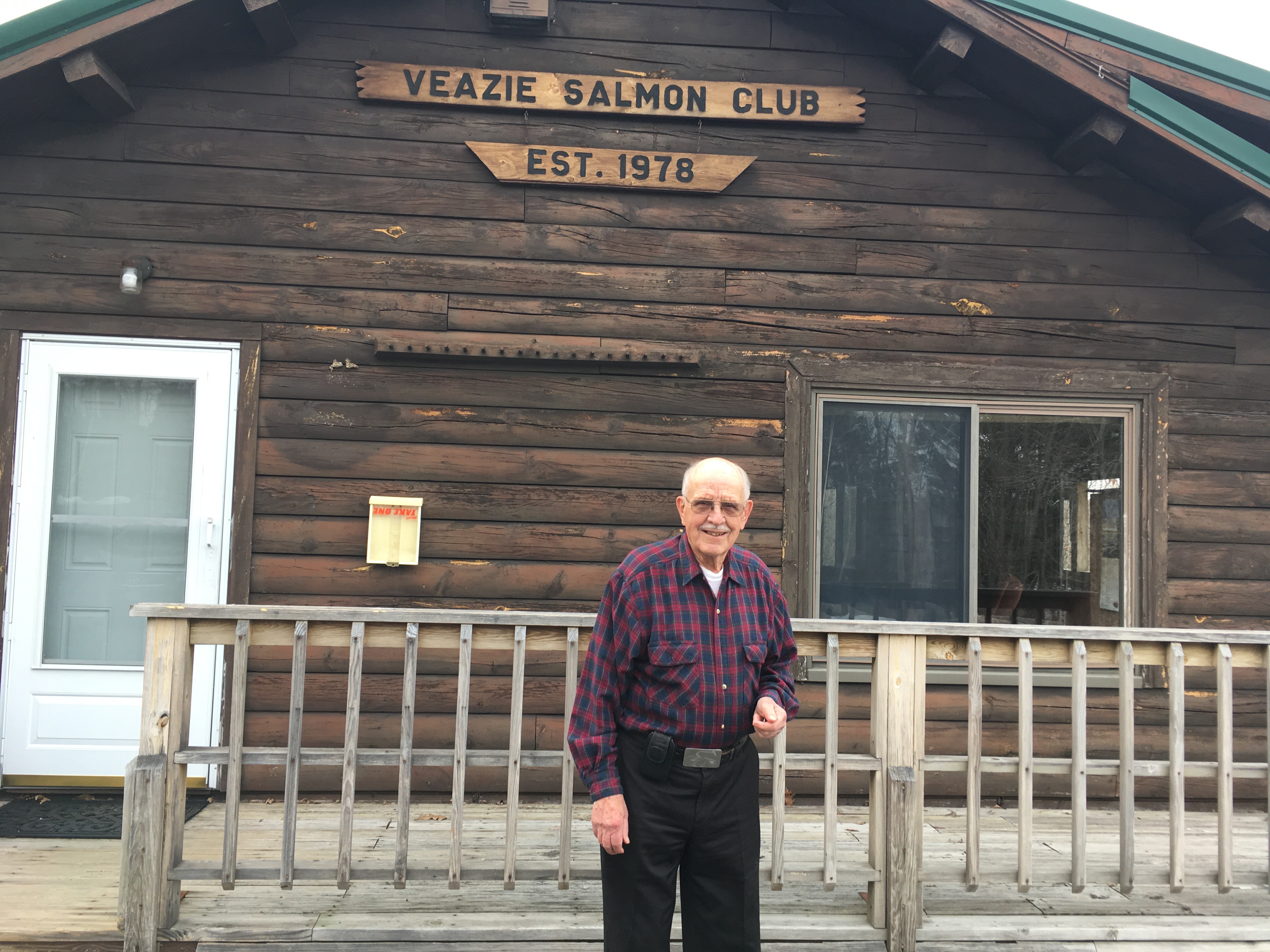
Claude Z. Westfall outside of the old Veazie Salmon Club. Photo by Caroline Lester for the New England News Collaborative
Atlantic salmon used to live all over New England. But now the population of wild Atlantic salmon has essentially disappeared, except in Maine. And that once-robust fishery has been labeled as endangered.
Reporter Caroline Lester spoke to Claude Z. Westfall, who has witnessed the decline firsthand and remembers the species’ “Presidential” history.
Exhibit Explores “Art and the New England Farm”
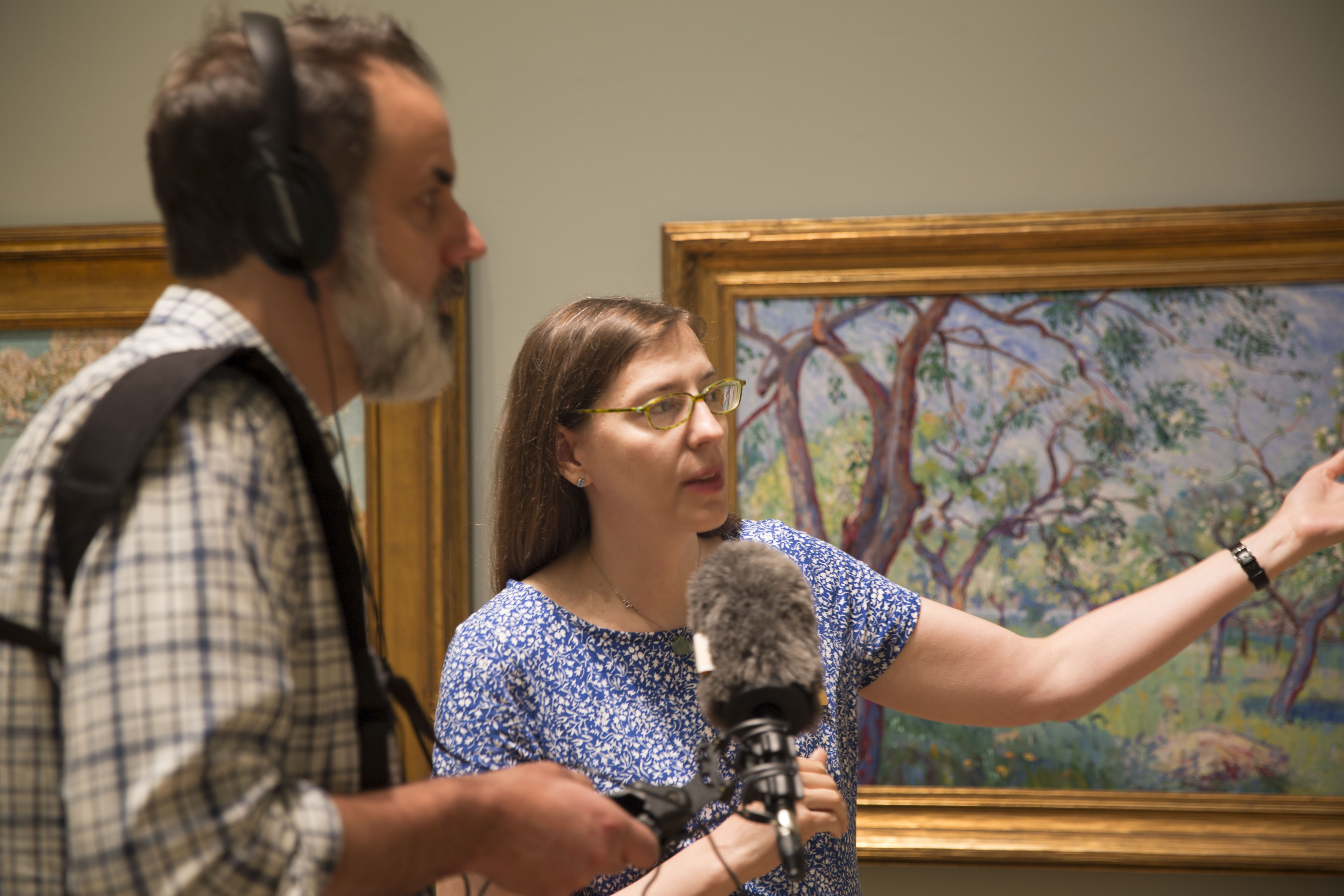
Curator Amy Kurtz-Lansing shows John Dankosky the “Art and the New England Farm” Exhibit at the Florence Griswold Museum. Photo by Carlos Mejia for Connecticut Public Radio
At the Florence Griswold Museum in Lyme, Connecticut, art and farming intersect in interesting ways: the land itself used to be a farm, right up against coastal wetlands. It’s a landscape that inspired artists from around the region to move back to the land, and paint what they saw. The exhibition “Art and the New England Farm,” on view until September 16, 2018, explores our region’s, and the museum’s, agricultural history through paintings, photos, and sculptures, and it takes us right up to the present. We got a tour of the from the curator, Amy Kurtz-Lansing.
Photo at the top of the page: a wall of photos in the Florence Griswold Museum’s “Art and the New England Farm” exhibit by local artist, Judy Friday, depicts life on a modern-day dairy farm. Photo by Carlos Mejia for Connecticut Public Radio
About NEXT
NEXT is produced at Connecticut Public Radio
Host: John Dankosky
Produced with help this week from Lily Tyson and Ali Oshinskie
Digital Producer: Carlos Mejia
Executive Producer: Catie Talarski
Contributors to this episode: Karen Brown, Rebecca Sheir, Caroline Lester, Carlos Mejia
Music: Todd Merrell, “New England” by Goodnight Blue Moon, “Shuffle” by Annie Eve, “Stories We Build, Stories We Tell” by José González, “A Night in Mos Eisley” by Chris Thile, “West End Blues” by Louis Armstrong, “Soul Alphabet” by Colleen
Stream every episode of NEXT. We appreciate your feedback! Send critiques, suggestions, questions, and ideas to next@wnpr.org. Follow us on Facebook and Twitter.
If you like what you hear, make sure to rate and review us on iTunes so other listeners can hear conversations from around New England.

